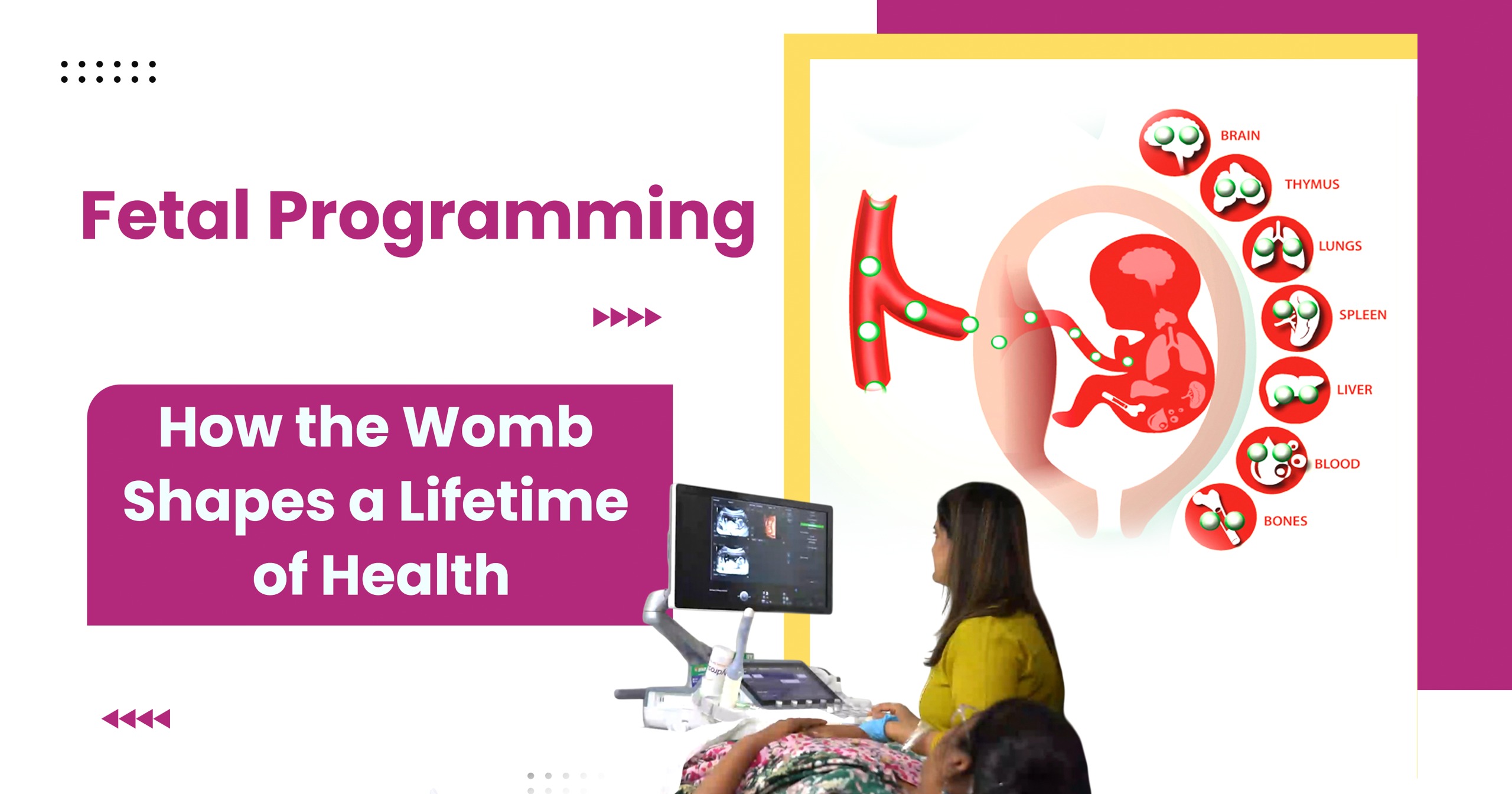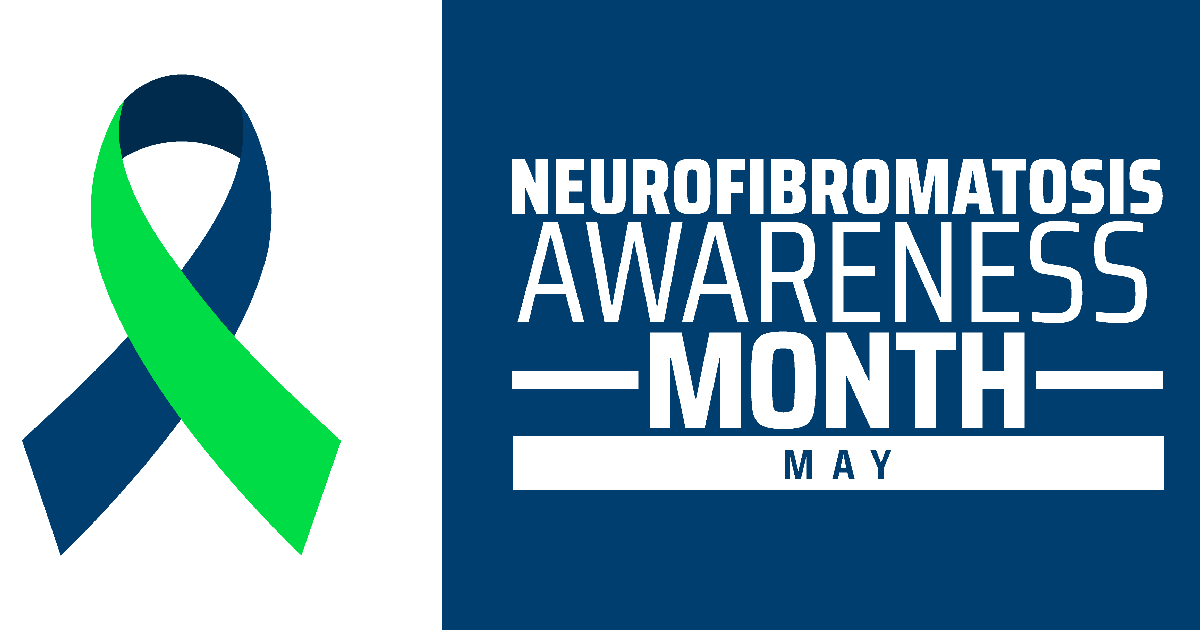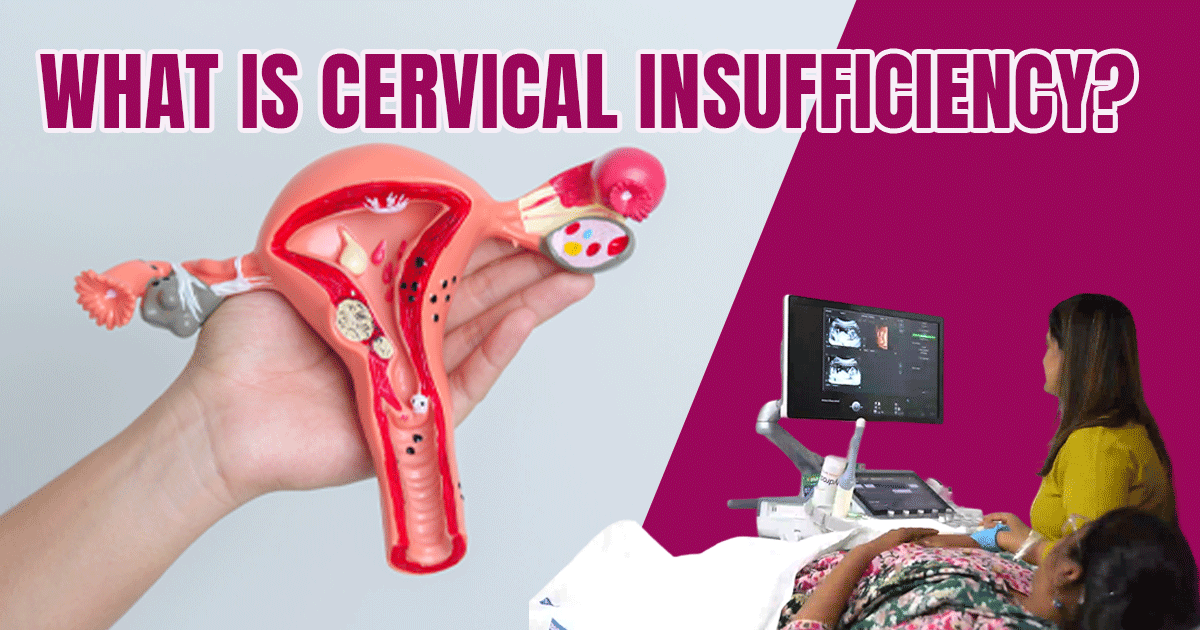What Does "High-Risk Pregnancy" Mean?
A high-risk pregnancy refers to one in which the mother, baby, or both have a higher chance of experiencing complications. These complications can range from preterm labor to gestational diabetes, preeclampsia, and more.
Factors that may classify a pregnancy as high-risk include:
- Maternal Health Conditions:
- Chronic conditions like diabetes, high blood pressure, thyroid disorders, and autoimmune diseases can increase risks.
- Obesity or being underweight may also pose challenges.
- Age: Women under 18 or over 35 are often considered higher risk.
- Pregnancy-Related Complications:
- Preterm labor: Delivering before 37 weeks of pregnancy can bring health risks for the baby.
- Preeclampsia: This condition, marked by high blood pressure, can cause serious complications for both mother and baby.
- Multiple pregnancies: Carrying twins, triplets, or more increases the likelihood of complications.
- Lifestyle and Behavioral Factors:
- Smoking, drug use, and alcohol consumption can increase the risk of complications.
- Lack of prenatal care or regular doctor visits can exacerbate existing health issues.
- Previous Pregnancy Complications:
- Women who have had previous pregnancies with complications like gestational diabetes or preeclampsia may face increased risks in subsequent pregnancies.
How to Navigate a High-Risk Pregnancy
A high-risk pregnancy can be overwhelming, but it doesn’t mean that you and your baby can’t have a healthy and successful journey. With the right care, many women with high-risk pregnancies go on to have healthy pregnancies and babies. Here’s how to navigate the experience:
1. Work Closely with Your Healthcare Team
- Frequent Check-ups: More regular visits with your OB-GYN or maternal-fetal medicine specialist will be necessary. These visits often involve more monitoring and testing to catch any early signs of complications.
- Specialized Testing: Depending on your situation, you may undergo ultrasounds, blood tests, and other assessments to monitor the health of both you and your baby.
- Open Communication: It’s vital to ask questions, voice concerns, and stay informed. Don’t hesitate to reach out to your healthcare provider when you feel uncertain about anything.
2. Follow a Healthy Lifestyle
- Eat a Balanced Diet: A nutrient-rich diet can help manage conditions like gestational diabetes and promote the development of your baby.
- Stay Active (with Approval): Regular, moderate exercise, like walking, can improve circulation, manage weight, and reduce stress. Always check with your doctor before starting any new exercise program.
- Get Enough Rest: Rest is crucial during pregnancy, especially when dealing with high-risk factors. Listen to your body, and if you need to rest, take the time you need.
3. Be Mindful of Stress
- Pregnancy can be stressful enough without added concerns. Consider incorporating stress-relief practices such as meditation, deep breathing exercises, and prenatal yoga.
- Support from family, friends, or a counselor can help you manage emotional stress during this time.
4. Know the Warning Signs
- Understanding the signs of complications is key to quick intervention. Call your doctor if you experience:
- Severe headaches or vision changes
- Sudden swelling of hands, feet, or face
- Severe abdominal pain
- Rapid weight gain or high blood pressure
- Reduced fetal movement
5. Prepare for Preterm Labor
- If you are at risk of preterm labor, your doctor may prescribe medications or recommend lifestyle changes to help prevent early delivery.
- Knowing the signs of preterm labor, such as regular contractions or lower back pain, is essential in getting prompt care.
6. Consider Genetic Counseling (If Necessary)
- Some high-risk pregnancies, particularly those involving advanced maternal age or a family history of genetic disorders, may benefit from genetic counseling. A counselor can help you understand the risks and the available testing options.
Coping with the Emotional Side of High-Risk Pregnancy
A high-risk pregnancy can come with emotional challenges. Feelings of anxiety, fear, and uncertainty are common. Here are some tips for managing the emotional aspect:
- Seek Support: Share your feelings with your partner, friends, or family. Having a strong support system can reduce stress and provide comfort.
- Educate Yourself: Understanding your condition and your options can help you feel more in control. Knowledge is empowering.
- Join Support Groups: Whether in person or online, connecting with others who are going through similar experiences can be incredibly reassuring.
Conclusion
While a high-risk pregnancy can seem daunting, remember that modern medical advancements have made it possible for many women with high-risk factors to have healthy pregnancies. With diligent care, a healthy lifestyle, and support from your healthcare team, you can manage the risks and work toward a positive outcome. Always remember that you are not alone—support is available to help you every step of the way.





